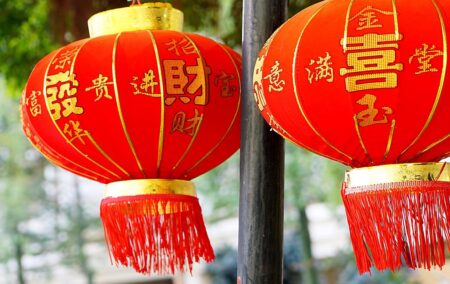The Chinese Association (TCA) – a body formed in 1903 to represent the interests of people of Chinese extraction in South Africa – has brought a case against a number of respondents to the Equality Court, accusing them of hate speech.
The case arises from a broadcast of the investigative television show Carte Blanche in 2017. Dealing with the use of donkeys for Chinese medicinal purposes, it prompted a torrent of abusive posts on social media. These included threats of harm against Chinese people. One read: ‘The Chinese are despicable savages; can’t even call them people. And the disgusting savages murdering these animals for money all deserve to die the painful death they inflict on these animals.’
Writing in the Sunday Times, University of Cape Town legal academic and adviser to the TCA, Professor Melanie Judge, said that the case would be an ‘historic one’. It would ‘[spotlight] the anti-Chinese racism that is so frequent on social media, and which, until now, has not been challenged in a South African court of law.’
Pointing to the long-standing presence and often painful history of Chinese people in South Africa, she said that it would draw ‘necessary attention to a form of racism that has persisted over centuries and continues into the present’.
She said that the narrative encapsulated in the social media posts sought to reduce Chinese people to stereotypes, as being predisposed to animal cruelty. Conflating pathologies with a particular ethnic or racial group and implying that they were ‘all the same’ legitimised discrimination. ‘Reducing an entire social group to a set of negative and violent descriptors is dehumanising.’
She added that it was ‘notable’ that all those accused of hate speech were white, since ‘for centuries the violence and cruelty of racism have been a defining feature of white and Western cultures and identities’.
As a small, culturally distinct community, Chinese people suffered discrimination in South Africa prior to 1994. Attitudes expressed – occasionally, even by senior government personnel – have raised eyebrows.
In 2008, a court ruling that included South African Chinese as eligible for Black Economic Empowerment (BEE) benefits was condemned by the National African Federated Chamber of Commerce and Industry on the grounds that the BEE cake was ‘too small’ to accommodate them. Then labour minister Membathisi Mdlalana remarked that if Chinese were now to be viewed as ‘coloured’ they would need to refrain from speaking Chinese at work. ‘They can speak Chinese, of course, in their homes; I have absolutely no difficulty with that. But when we visit them, they must also remember that they are now coloureds. What I know is that coloureds don’t speak Chinese.’
He also obliquely criticised Chinese businesspeople for mistreating their workers. ‘I hope that they would make sure that they implement and comply with the Labour Relations Act and the Basic Conditions of Employment Act much, much better now that they have decided to classify themselves as coloureds as in the past … One would not expect a coloured person to ill-treat other coloureds, or black people to ill-treat blacks.’
The case continues next week.

